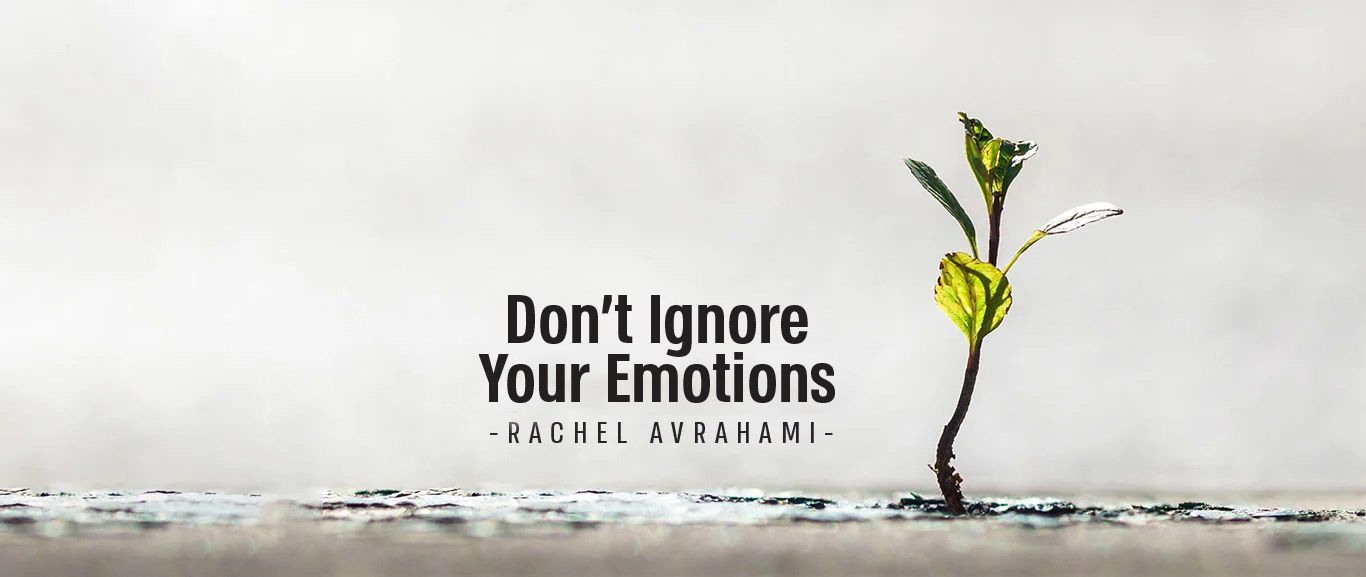
Don’t Ignore Your Emotions – Part 3
How do I handle negative emotions that surface when I’m thanking Hashem for some difficulty?

I’ve explained the irony of recognizing that Hashem is Right in whatever is happening to you, and then canceling your will before Hashem’s will so that you Want What Hashem Wants. Next, I want to explain a very important rule of holding strong to your emuna that everything that Hashem does is good and of thanking Hashem even for suffering. The rule is that you cannot ignore your emotions, even while you cancel your will in your mind.
Let me first backtrack to a true story I heard this year about a girl who was raised in a good family with lots of emuna and thanking Hashem. She was taught from a young age to thank Hashem for the good and the bad. For example, her mother had everyone around the dinner table thank Hashem for one good thing and one difficult thing, and more. Sounds perfect, right? There was one big problem: The girl didn’t know what to do with her negative emotions – and so she began to hate thanking Hashem! After all, thanking Hashem meant that she had to suppress all her negative emotions. She wasn’t allowed to show them, because being angry or sad isn’t congruous with thanking Hashem, after all… Thankfully at some point she admitted to a teacher how she felt, and the teacher helped her realize this important rule – you can’t ignore your emotions as you’re thanking Hashem! You have to respect your emotions as they are – and then transform them with your emuna!
Although thanking Hashem includes a big dose of cancelling our own will and rational mind in order to accept Hashem’s will, we can’t ignore our emotions in the process. This isn’t about being stoic or inhuman and simply having no emotions. If we had no emotions, then there would be no reward for the heroic effort involved in turning those emotions around when they don’t match up with the emuna that really everything is for the best and it’s only getting better!
Rather, the process of thanking Hashem for difficult, painful, scary, dangerous, etc. negative situations we hope we never face must begin with recognizing the emotions we feel about the situation. If we try to cover over those emotions and just dance around the house like everything is hunky dory – then we haven’t actually done the real and deep work that brings about the salvation. We haven’t done anything but lip service in such a case.
Step 1 – Admit to the Emotions
Rather, we start by recognizing and accepting and feeling ALL those emotions – usually sadness, anger, and other negative emotions that are flying around in there. I find it helps to speak out my emotions to Hashem in my personal prayer. Admit to them! Those emotions are natural reactions to the circumstances – you have nothing to be ashamed of. Hashem is perfectly capable of creating us as unfeeling robots or angels – but He chose not to.
The key here is to not get lost in the emotions. Say simply, “Hashem I feel angry about this situation, I can’t believe You are doing this to me!” or “Hashem, I am so scared!” State the feeling, admit to it, but without diving into it for more than a sentence or two.
Remember an important rule from Rabbi Arush: Don’t tell Hashem there is suffering. Tell the suffering that there is Hashem! Touch on the emotions for just one minute so that you don’t negate them entirely, but don’t waste your time detailing all your suffering to Hashem. Hashem already knows it all, even better than you do, and wallowing in it only makes you feel worse and can even hinder the salvation you need.
Step 2 – Ask for Help
Rabbi Arush teaches in A New Light that emuna is a seesaw of ratzon (desire) and thanking Hashem. If you don’t have the emuna to thank Hashem at present, then want that emuna and ask Hashem to give it to you! Ask Hashem to give you the emuna to thank Him with your whole heart!
Rabbi Arush says that the main part of thanking Hashem, or doing The Law of Thank You, is asking Hashem for the emuna to thank Hashem. Begging Hashem that no matter how bad it looks, to not fall into the heresy of thinking that He is doing something bad, G-d forbid.
Next week – In Part 4 we’ll cover steps 3 and 4!
***
Rachel Avrahami grew up in Los Angeles, CA, USA in a far-off valley where she was one of only a handful of Jews in a public high school of thousands. She found Hashem in the urban jungle of the university. Rachel was privileged to read one of the first copies of The Garden of Emuna in English, and the rest, as they say, is history. She made Aliyah and immediately began working at Breslev Israel.
Rachel is now the Editor of Breslev Israel’s English website. She welcomes questions, comments, articles, and personal stories to her email: rachel.avrahami@breslev.co.il.






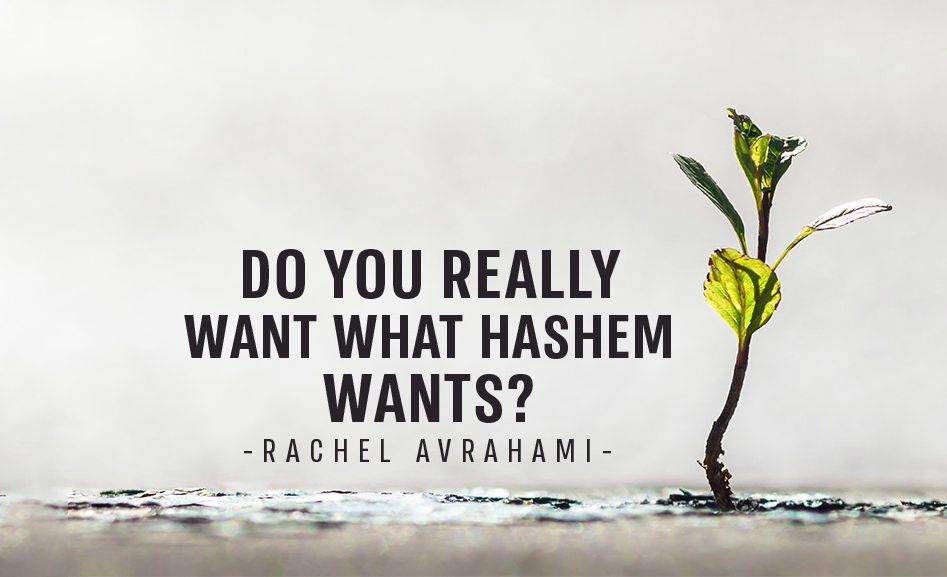
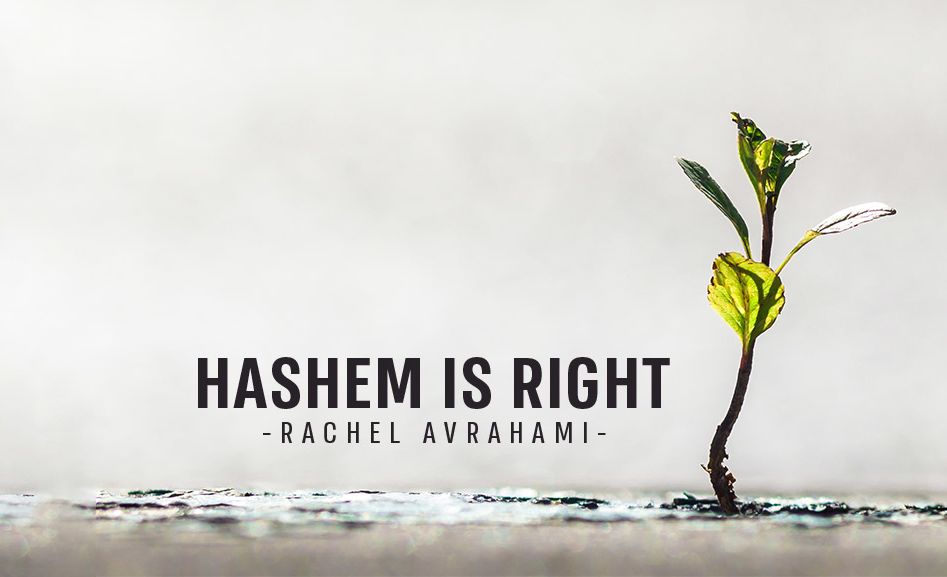
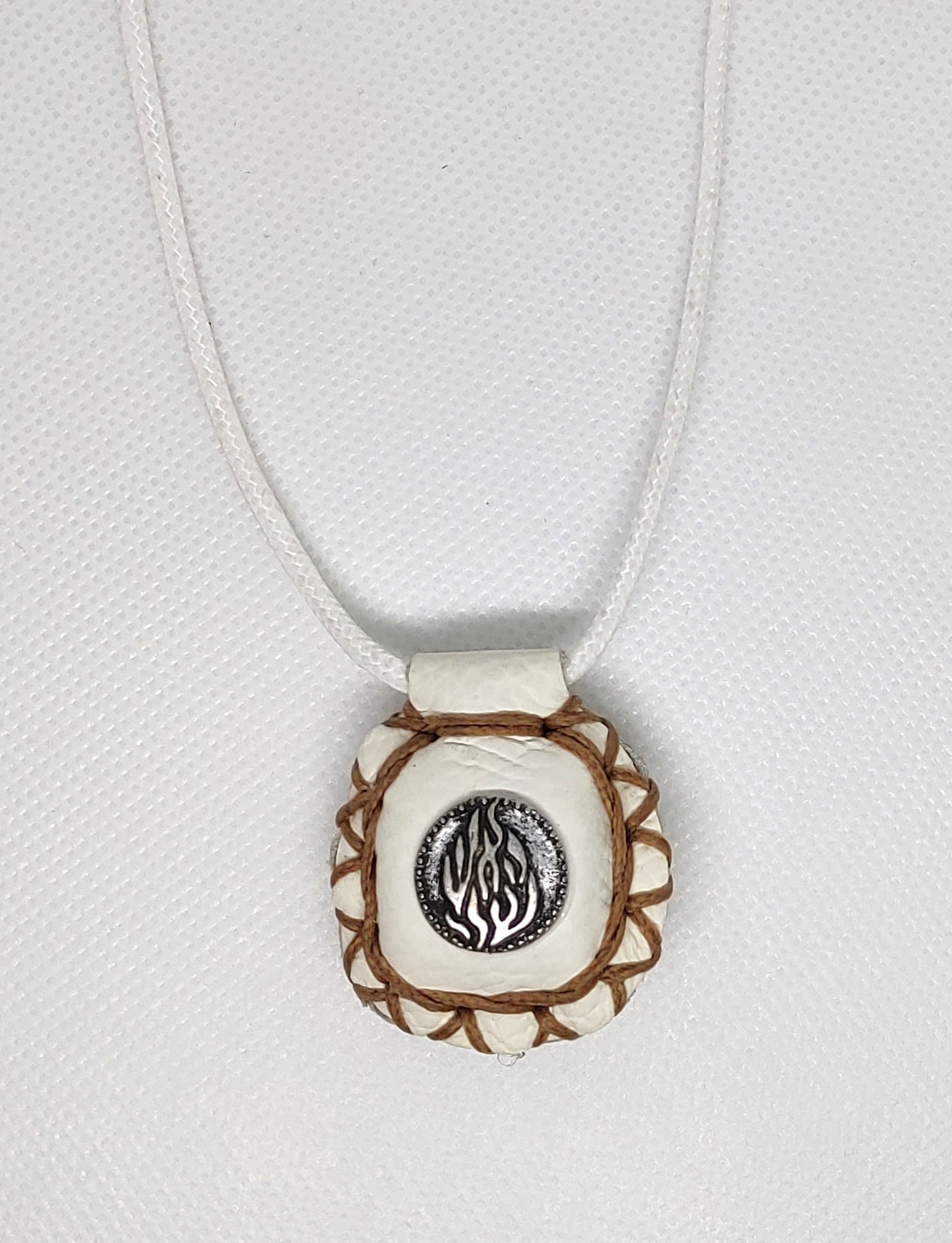



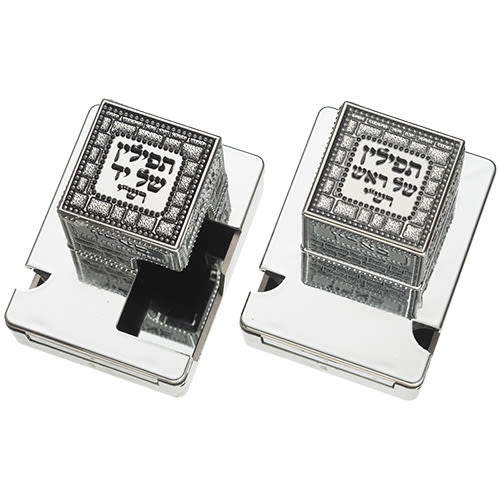

Tell us what you think!
Thank you for your comment!
It will be published after approval by the Editor.